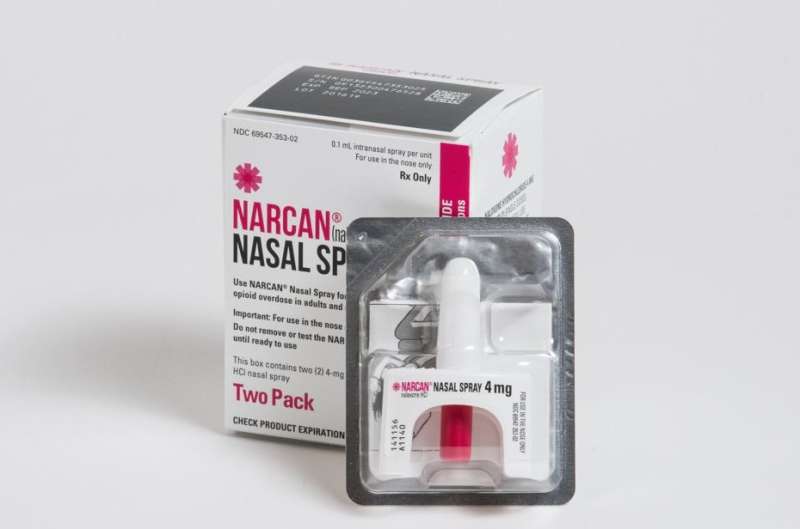New Molecule PA-915 Demonstrates Promising Long-Lasting Antidepressant Effects in Mice Without Common Side Effects

A new molecule named PA-915 has demonstrated significant, long-lasting antidepressant effects in mice without common side effects, offering promising potential for treating depression and anxiety disorders.
Recent research has identified a novel compound named PA-915 that shows significant potential for treating depression, anxiety, and related stress disorders. Developed by researchers from Osaka University, Kobe University, Hamamatsu University, and other institutions, this molecule effectively reduces anxiety- and depression-like behaviors in mouse models subjected to high stress levels. Published in Molecular Psychiatry, the study highlights that PA-915, a high-affinity PAC1 receptor antagonist, alleviates stress-induced behaviors without inducing typical side effects associated with many current antidepressants.
Depression and anxiety disorders are among the most prevalent mental health conditions worldwide, affecting hundreds of millions of people. Traditional treatments, including pharmacological therapies and psychotherapy, do not work for everyone. Consequently, discovering new medications is crucial. The development of PA-915 addresses this need by targeting the PAC1 receptor, which is involved in the body’s stress response system. By blocking this receptor, PA-915 diminishes the activation of pathways linked to stress and mood disorders.
In their experiments, scientists subjected mice to various stress-inducing procedures, such as social defeat, corticosterone administration, and social isolation. Remarkably, administration of PA-915 resulted in improved behavior in several tests measuring anxiety, depression, and cognitive function. The mice exhibited increased activity during the forced swim test, better maze navigation, and improved recognition during object tasks. Notably, the antidepressant effects persisted for weeks after a single dose, similar to ketamine, a well-known fast-acting antidepressant.
Importantly, PA-915 did not produce hyperactivity, cognitive impairments, dependency, or other adverse side effects in non-stressed mice. Its beneficial impact appears to be specific to stressed animals, suggesting a safety profile suitable for further development. The research indicates that blocking PAC1 receptors could be a promising new pathway for treating mood and anxiety disorders, with potential to develop long-lasting and effective medications.
While these findings are preliminary and based on animal models, they pave the way for future studies and possible clinical trials in humans. If proven safe and effective in clinical testing, PA-915 could become an innovative addition to mental health treatment options, offering hope for individuals unresponsive to existing therapies.
Source: https://medicalxpress.com/news/2025-09-pa-molecule-antidepressant-effects-common.html
Stay Updated with Mia's Feed
Get the latest health & wellness insights delivered straight to your inbox.
Related Articles
Muscle Quality Could Be an Early Indicator of Cognitive Decline
Emerging research highlights muscle quality, particularly phase angle measurement, as a potential early marker for cognitive decline, offering new avenues for early detection and prevention of neurodegenerative diseases in middle-aged and older adults.
Advanced Imaging Techniques Reveal Bone Changes During Hip Replacement Surgery
New high-resolution imaging techniques have uncovered detailed microstructural changes in bones during hip replacement surgeries, helping to improve surgical methods and implant stability.
Enhancing Rural School Attendance Through On-Site Health Clinics
A recent study demonstrates that on-site health clinics in rural schools significantly reduce student absenteeism, improving educational and health outcomes in underserved communities.



